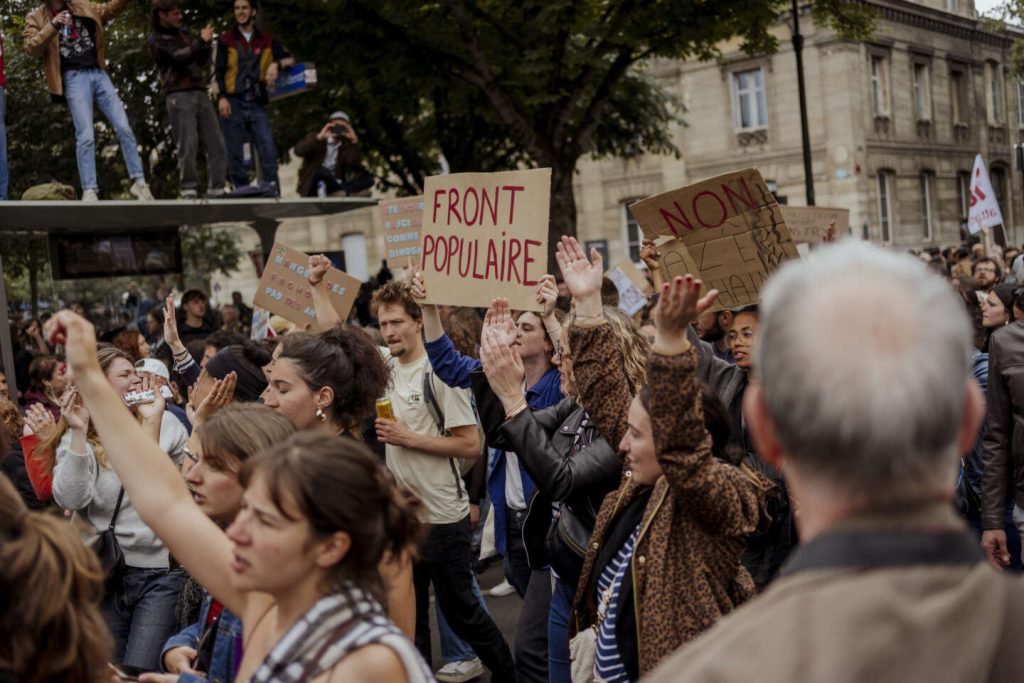In a recent press conference, the President of the Republic framed the upcoming legislative elections as a “battle of values.” He highlighted the need for a “clarification” to take place during the short campaign period. However, short campaigns often prioritize emotion over reflection, potentially affecting the democratic process. As the results of the elections are awaited, two key threats to democratic consensus have already emerged, putting the respect for human rights and equal dignity at risk since the end of World War II.
The first threat is idealism, the belief that the rise of extreme right-wing forces to power would not be catastrophic as legal safeguards would protect against their repressive tendencies. However, there are doubts about the sufficiency of these protections, as institutions cannot be separated from the individuals who wield power. The presidential interpretation of institutions has already distorted their intended purpose, and constitutional justice is often targeted by illiberal regimes. Criticisms against the judiciary system have also been mounting, raising concerns about its ability to uphold human rights.
Another concern is the effectiveness of international human rights conventions that France has ratified. Despite claims by populist forces that these conventions pose limitations, they actually provide flexibility for states to adapt to their principles. The binding nature of these conventions relies on their authority, mandating respect for the rights they enshrine and compliance with decisions by the established bodies. However, successive governments have disregarded certain rulings from the European Court of Human Rights, undermining the authority of these texts and the courts that enforce them.
On the other hand, cynicism relies on the belief that the exercise of power will discredit extreme right-wing forces, exposing their inconsistencies and incompetence. While some democracies, like Poland, have reverted from authoritarian and illiberal regimes, this often comes at the cost of normalizing hate speech within society and undermining the foundations that hold them together. By trivializing expressions of hatred, these societies risk eroding the values that underpin their democratic institutions, weakening social cohesion.
In the face of these challenges, it is crucial to safeguard democratic values and human rights by upholding the principles enshrined in international conventions and promoting an inclusive political discourse that fosters unity rather than division. The upcoming legislative elections will be a crucial moment to reaffirm the commitment to democracy and ensure that the voices of all citizens are heard and respected. By addressing the threats of idealism and cynicism head-on, societies can strengthen their democratic resilience and uphold the values that have shaped their identity and progress.


